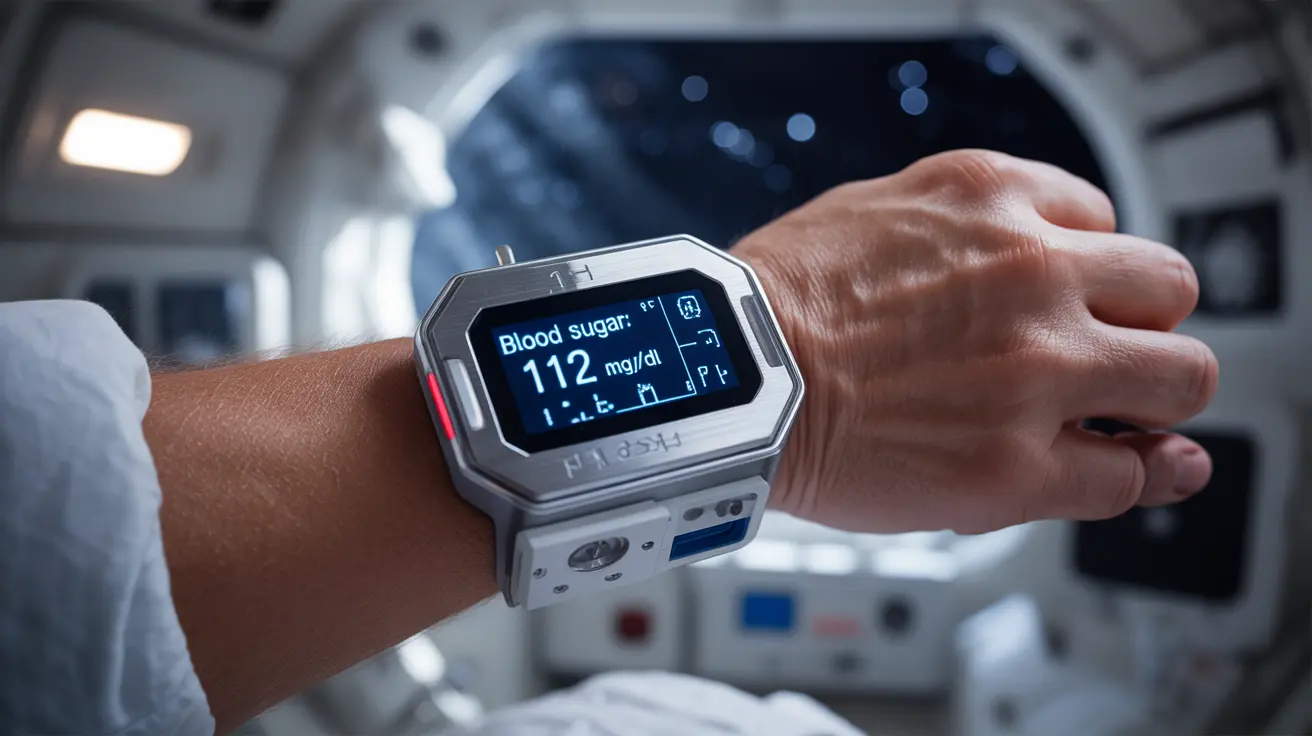As space exploration continues to advance and commercial spaceflight becomes a reality, many people with medical conditions wonder about their potential to venture beyond Earth's atmosphere. For individuals with diabetes, the question of space travel presents unique challenges and considerations that researchers and space agencies are actively exploring.
Current Status of Diabetics in Space Programs
Currently, major space agencies like NASA have medical requirements that generally exclude individuals with insulin-dependent diabetes from becoming professional astronauts. This restriction stems from the complex challenges of managing blood sugar levels in the unique environment of space and the critical nature of astronaut health during missions.
Medical Standards and Requirements
Space agencies maintain strict medical standards to ensure mission safety and astronaut well-being. These standards typically require astronauts to be in excellent health without chronic conditions that could compromise their ability to perform critical tasks or require complex medical management during spaceflight.
Technological Advances in Diabetes Management
Modern diabetes management technology has made significant strides, potentially opening new possibilities for space travel consideration. Continuous glucose monitors (CGMs) and advanced insulin delivery systems have revolutionized how people with diabetes manage their condition on Earth.
Space-Compatible Medical Devices
Engineers and medical researchers are working to develop and test diabetes management devices that could function reliably in microgravity environments. These innovations focus on creating robust systems that can withstand the unique conditions of spaceflight while providing accurate monitoring and treatment.
Challenges in Space Environment
The space environment presents several unique challenges for diabetes management:
- Microgravity effects on insulin absorption and blood glucose regulation
- Radiation exposure impact on medical devices
- Storage requirements for insulin and other diabetes supplies
- Emergency medical response capabilities
- Stress and physical demands of spaceflight
Future Prospects and Research
Several research initiatives are exploring ways to make space travel more accessible to people with diabetes. These studies focus on understanding how diabetes management systems perform in space-like conditions and developing new technologies specifically designed for space environments.
Commercial Space Tourism Possibilities
As commercial space tourism develops, there may be more opportunities for individuals with well-controlled diabetes to experience short-duration spaceflight, though this would require careful medical evaluation and preparation.
Frequently Asked Questions
Can people with type 1 diabetes become astronauts and travel to space currently?
Currently, type 1 diabetes typically disqualifies individuals from becoming professional astronauts with major space agencies. However, this may change as technology advances and commercial spaceflight opportunities expand.
How do continuous glucose monitors and insulin pens work for diabetes management in space?
While these devices haven't been extensively tested in space, researchers are studying how to modify current technology to function reliably in microgravity conditions. Special considerations include device durability, accuracy in space conditions, and proper storage of insulin.
What challenges do diabetics face in aviation and spaceflight environments?
Key challenges include maintaining stable blood glucose levels in changing gravity conditions, ensuring medical device reliability, managing stress responses, and having adequate emergency protocols in place.
Are there any ongoing studies or missions that aim to allow astronauts with diabetes to fly in space?
Several research initiatives are examining the feasibility of space travel for people with diabetes, including studies on medical device performance in microgravity and the development of space-compatible diabetes management systems.
How might advances in diabetes technology impact the future inclusion of diabetics in human space missions?
Technological advances in automated insulin delivery systems, more reliable continuous glucose monitors, and better understanding of diabetes management in extreme conditions could eventually lead to more inclusive space travel opportunities for people with diabetes.




